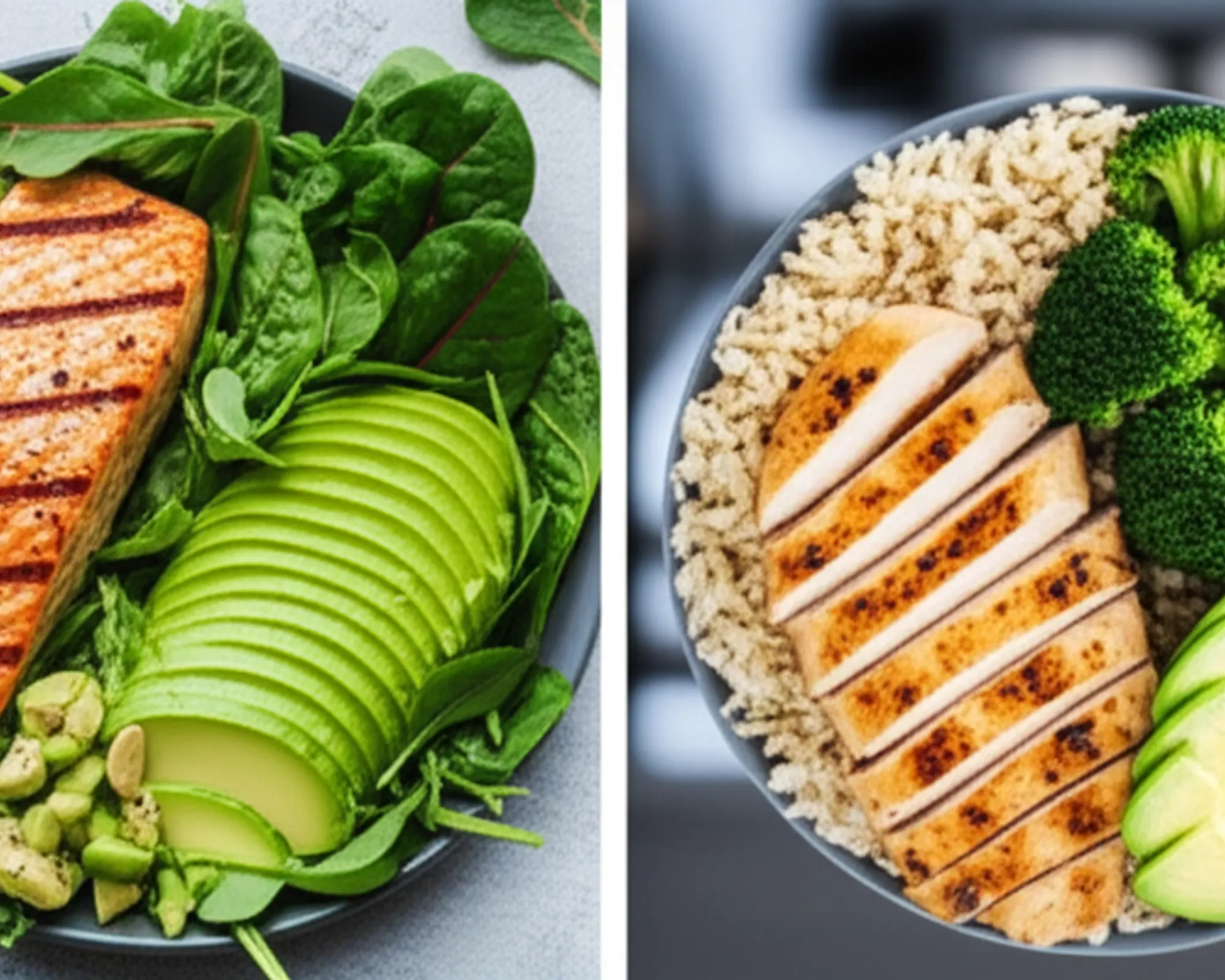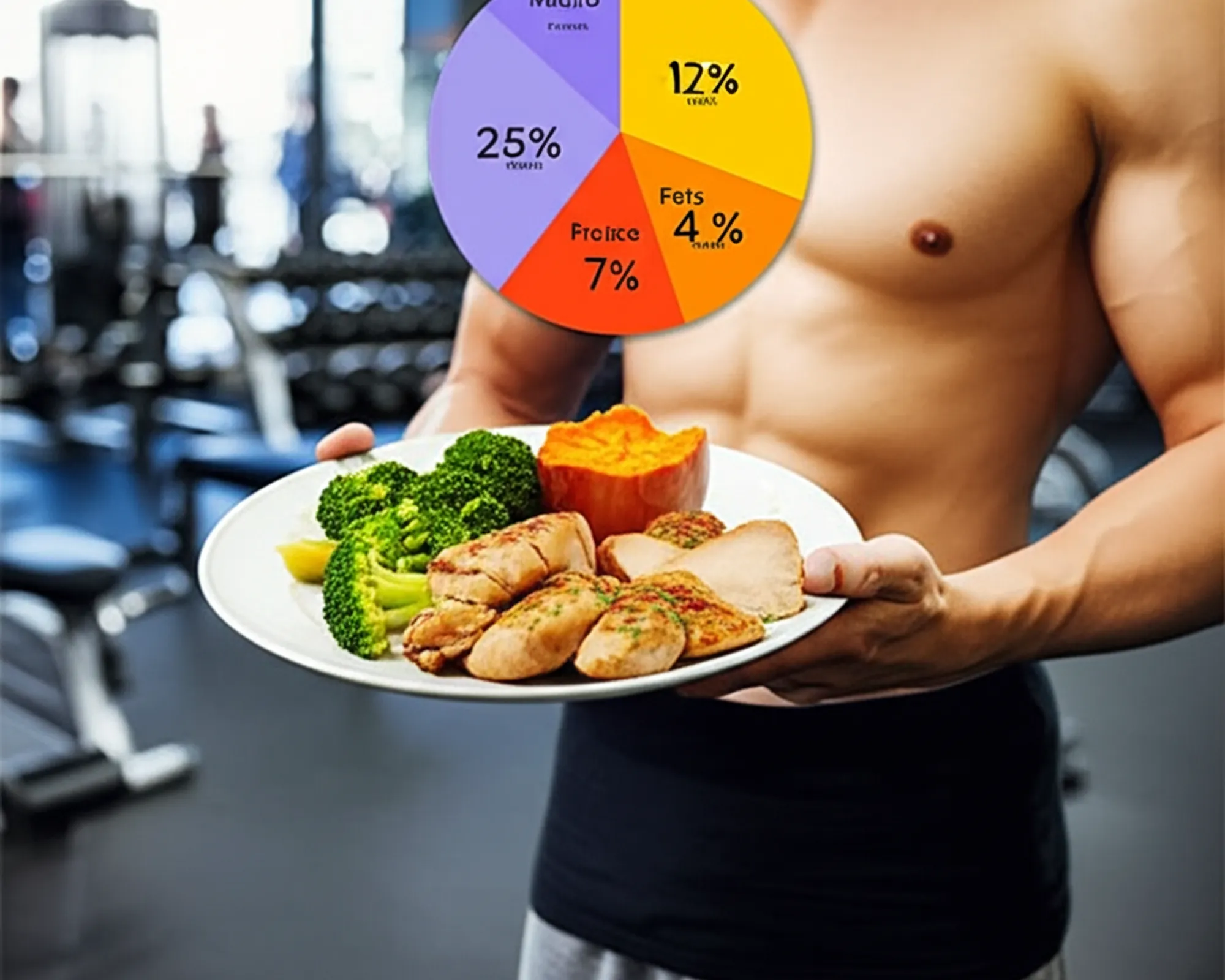Creatine vs Whey Protein: Which One Do You Need?

In the vast world of fitness supplements, two names frequently surface: creatine and whey protein. Both are popular, highly researched, and widely used by athletes, bodybuilders, and fitness enthusiasts alike. But for many, the question remains: which one do I need? Are they interchangeable? Do they serve different purposes? This comprehensive guide will delve deep into the science behind creatine and whey protein, exploring their unique benefits, mechanisms of action, and helping you determine which supplement, or perhaps both, is best suited to help you achieve your fitness goals.
What is Creatine?
Creatine is a naturally occurring organic compound found in muscle cells, primarily involved in energy production. It's synthesized from amino acids (arginine, glycine, and methionine) and is stored in your muscles as phosphocreatine. During high-intensity, short-burst activities like weightlifting, sprinting, or jumping, your body uses ATP (adenosine triphosphate) for energy. As ATP is rapidly depleted, phosphocreatine plays a crucial role by quickly regenerating ATP, allowing you to sustain high-power output for longer.
The primary benefit of creatine supplementation is significantly improved strength and power output. Studies consistently show that creatine can increase lean muscle mass, enhance exercise performance in anaerobic activities, reduce fatigue during workouts, and even offer some cognitive benefits. It works by increasing the availability of phosphocreatine within your muscles, leading to more rapid ATP regeneration during intense, short bursts of activity. Typical dosage involves a loading phase (around 20g/day for 5-7 days, split into multiple doses) followed by a maintenance phase (3-5g/day). It's most effective for activities requiring explosive power and short recovery times between sets or repetitions.
What is Whey Protein?
Whey protein, on the other hand, is a complete protein derived from milk during the cheese-making process. It is considered a 'complete protein' because it contains all nine essential amino acids that your body cannot produce on its own and must obtain from dietary sources. Whey is particularly renowned for its rapid digestion and absorption, meaning its amino acids quickly reach your bloodstream and, subsequently, your muscles, triggering muscle protein synthesis (MPS).
The main role of whey protein is to support muscle growth and repair. After intense resistance training, your muscle fibers experience microscopic tears. Consuming whey protein provides the necessary building blocks (amino acids) to repair these tears and build new muscle tissue, leading to hypertrophy (muscle growth) and increased strength over time. It's particularly beneficial when consumed post-workout to kickstart recovery, but it can also be used as a convenient and efficient way to increase your overall daily protein intake, which is vital for maintaining and building muscle mass. There are three main types: concentrate, isolate, and hydrolysate, differing in their protein content, as well as levels of lactose and fat. Dosage varies based on individual protein needs and activity levels, but typically 20-30g per serving is common and effective for stimulating MPS.
Key Differences: Function and Mechanism
While both creatine and whey protein contribute to improved athletic performance and muscle development, their underlying mechanisms and primary functions are distinct. Creatine directly enhances your immediate energy system – specifically the ATP-PC (Adenosine Triphosphate-Phosphocreatine) system – for explosive power and strength during anaerobic activities. It's about 'fueling' your muscles to perform at a higher intensity for those critical short bursts of effort. It doesn't directly build muscle, but it enables you to train harder, which in turn leads to muscle growth.
Whey protein, conversely, is a structural component; it provides the raw materials (amino acids) essential for muscle repair, recovery, and growth. Think of creatine as enhancing your car's engine performance, allowing it to go faster and stronger for short periods. Whey protein, on the other hand, is the high-quality building material for the car's frame, ensuring it's robust, repairs quickly, and can grow bigger. Creatine offers acute performance benefits during a workout, while whey protein supports long-term muscle adaptation, repair, and overall muscle mass accretion.
When to Use Each: Tailoring to Your Goals
Choosing between them, or deciding to use both, largely depends on your specific fitness goals and training regimen.
- Creatine is ideal if: Your primary objective is to increase strength, power, and improve performance in high-intensity, short-duration activities like weightlifting, powerlifting, sprinting, or explosive sports. It directly boosts your ability to lift heavier, perform more repetitions within a set, and push harder during those critical, demanding moments of your workout. If you're hitting a strength plateau, creatine might be the catalyst you need.
- Whey Protein is ideal if: Your main goal is muscle growth (hypertrophy), optimal recovery from workouts, and ensuring you meet your daily protein intake requirements, especially after workouts or as a convenient meal supplement. It's crucial for repairing damaged muscle tissue and stimulating muscle protein synthesis, leading to sustained gains and preventing muscle breakdown. If you struggle to consume enough protein through whole foods, whey is an excellent, convenient solution.
Athletes focusing predominantly on endurance might still benefit from whey protein for recovery, while creatine might be less critical for their specific performance metrics unless power bursts are a significant component of their sport.
Can You Take Both Creatine and Whey Protein?
Absolutely! In fact, combining creatine and whey protein is a common and highly effective strategy employed by many athletes and fitness enthusiasts to maximize their results. They work synergistically rather than competitively. Creatine helps you perform better during your workouts, allowing you to lift heavier weights and complete more reps, which creates a greater stimulus for muscle growth and strength adaptation.
Whey protein then steps in to provide the essential amino acids needed to repair the muscle damage caused by that intense workout, facilitating rapid recovery and promoting muscle protein synthesis, which is critical for hypertrophy. There are no known negative interactions between the two supplements, and they can be taken together (e.g., mixing both into a post-workout shake) or at different times of the day, depending on personal preference, convenience, and your overall dietary schedule.
Choosing the Right Supplement for You
Ultimately, the 'right' supplement for you depends on your individual needs, current diet, and specific fitness objectives. There's no one-size-fits-all answer:
- Are you a beginner looking to build foundational strength and muscle? Both can be beneficial, but start by ensuring adequate overall protein intake, for which whey protein is excellent. Creatine can then be added to accelerate strength gains.
- Are you hitting a plateau in your strength training and struggling to increase your lifts? Creatine could provide the direct performance boost you need to break through.
- Are you struggling to meet your daily protein requirements through whole foods alone, or need a convenient post-workout recovery solution? Whey protein offers an efficient and effective solution.
Consider your current dietary habits, training intensity, and what aspect of your performance or physique you want to prioritize. Many individuals find that incorporating both leads to the most comprehensive benefits for muscle growth, strength, and recovery.
Conclusion
Creatine and whey protein are distinct yet complementary powerhouses in the supplement world, each with unique roles in optimizing your fitness journey. They are not substitutes for each other but rather tools that, when understood and used correctly, can significantly enhance your ability to achieve peak performance and lasting results. By understanding their individual benefits, you are empowered to make informed choices, fueling your body effectively to reach your full potential.


